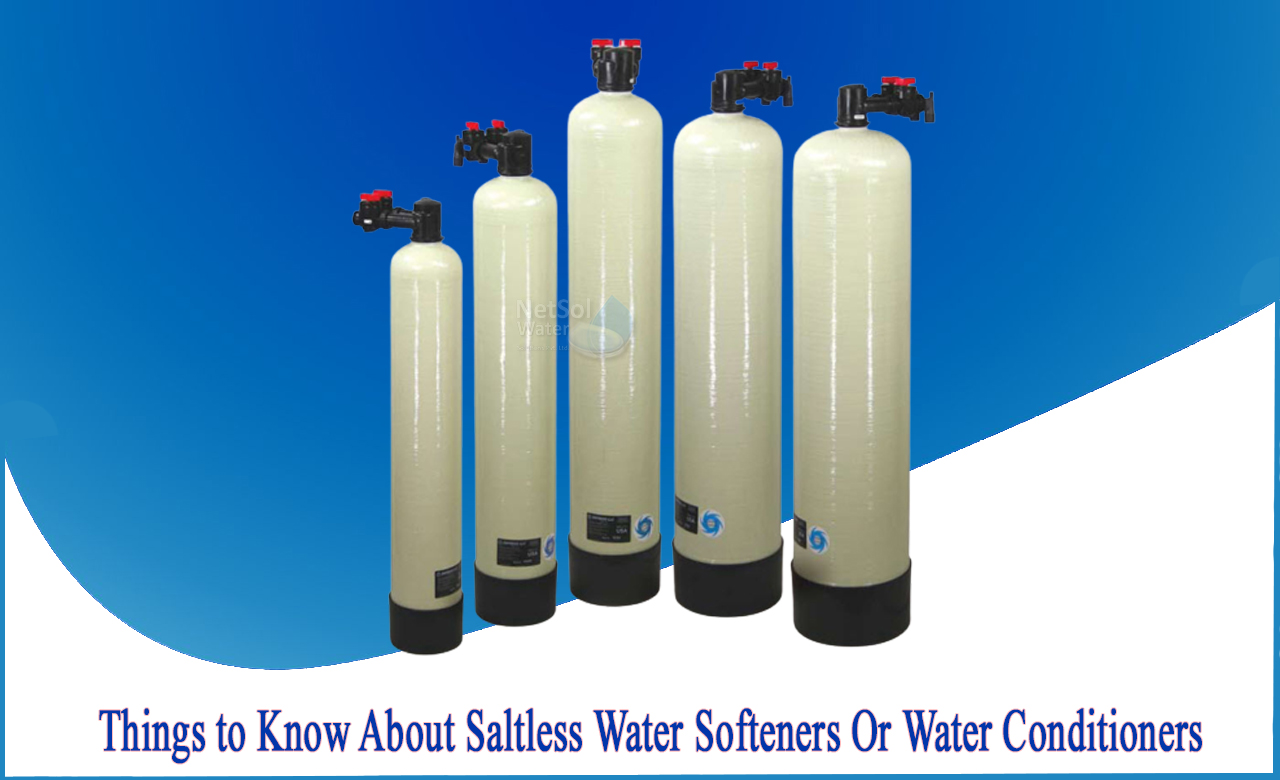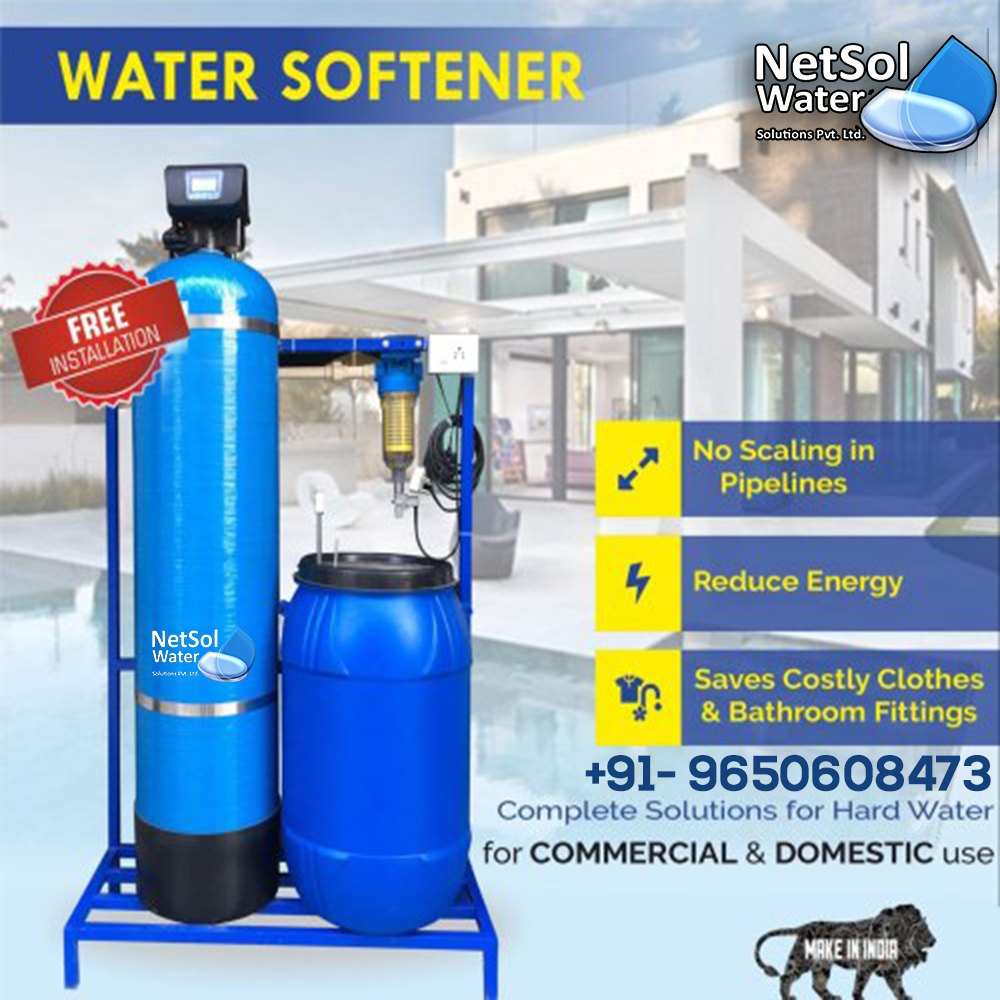You may have a hard water problem if you see stains, watermarks, or a filmy residue on your sinks and bathtubs. Hard water, which contains high levels of minerals like calcium and magnesium, may cause chaos in any home.
Fortunately, there is a simple solution: installing a high-quality water softener in your home.A water softener extends the life of your plumbing and water-using appliances while also saving you money on your water bill. It can even make your skin and hair softer.
There are two types of water softeners: salt-based and salt-free softeners. Many people mistakenly believe that the sole difference is that no salt is used, however this is not the case.
Before buying a system, it's important to understand the differences between them. But which is the superior option?
Working of Salt-Free Water Softeners?
Unlike salt-based softeners, which employ ion exchange to remove hard water minerals, salt-free softeners use a physical process called Template Assisted Crystallization (TAC). The hardness minerals in the water are converted into a hardness crystal that will not attach to any surface in your home during this procedure.
Because they condition (or neutralize) the water rather of "softening" it, salt-free softeners are also known as water conditioners.
There is no need for a cleaning cycle to eliminate collected ions because these devices do not trap any materials.Nothing beats a typical ion-exchange water softener for softening water. Hard water is filtered through a resin bed in traditional water softeners. To make soft water, the resin exchanges hard water particles like calcium and magnesium with sodium. These systems can take the world's toughest water and reduce it to less than one grain of hardness.
On some internet sites, you can come across "salt-free water softeners." However, it is critical to conduct research on these devices because the majority are ineffective and will wind up costing you far more in the long run than standard water softeners.People are interested in salt-free water softeners because they believe they are environmentally friendly. That, however, may not be the case.
The majority of products marketed as salt-free water softeners are made up of filter cartridges. Before they need to be replaced, these cartridges are rated for a particular amount of water usage.Because these filters are not recyclable, you will be tossing them out every few weeks, and they will end up in a landfill.They're also not as successful as standard sodium water softeners at softening water, so you'll have to use more soap and detergent to clean your clothes, dishes, and yourself. It will also lead to a shorter lifespan for your water-using appliances.
A salt-free softener or water conditioner is typically less expensive than a salt-based softener and is quite simple to install — provided you have the proper equipment. This type of system also requires less maintenance because the cleaning cycle does not require electricity and no water is wasted when the minerals are removed from the resin bed. It's that simple to save money on your water and power bills. However, employing a salt-free softener has the disadvantage of not working as well when exposed to other toxins like as lead and chlorine. That's why we recommend that clients install filtration in front of the system to prevent the media from fouling up.




